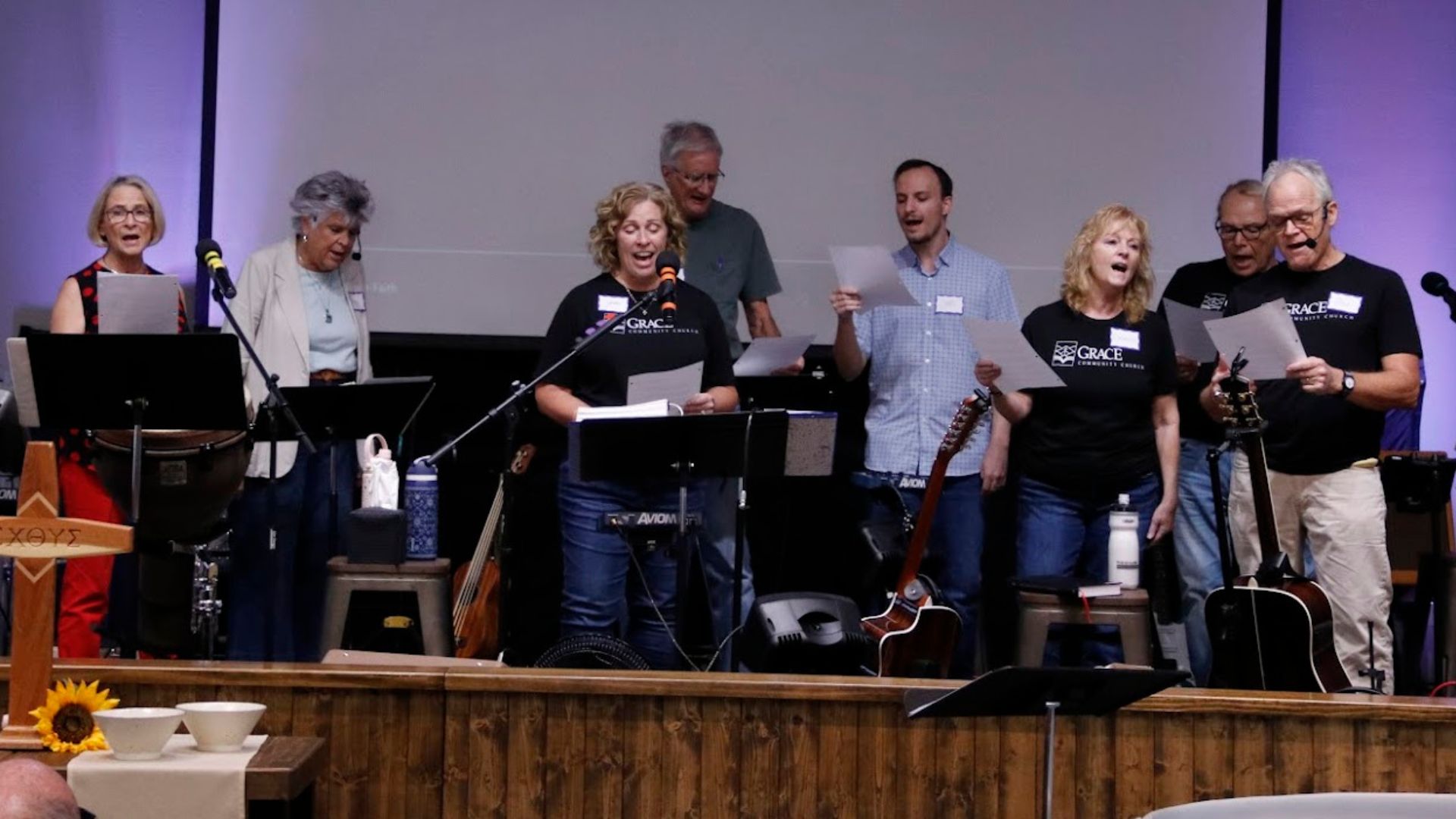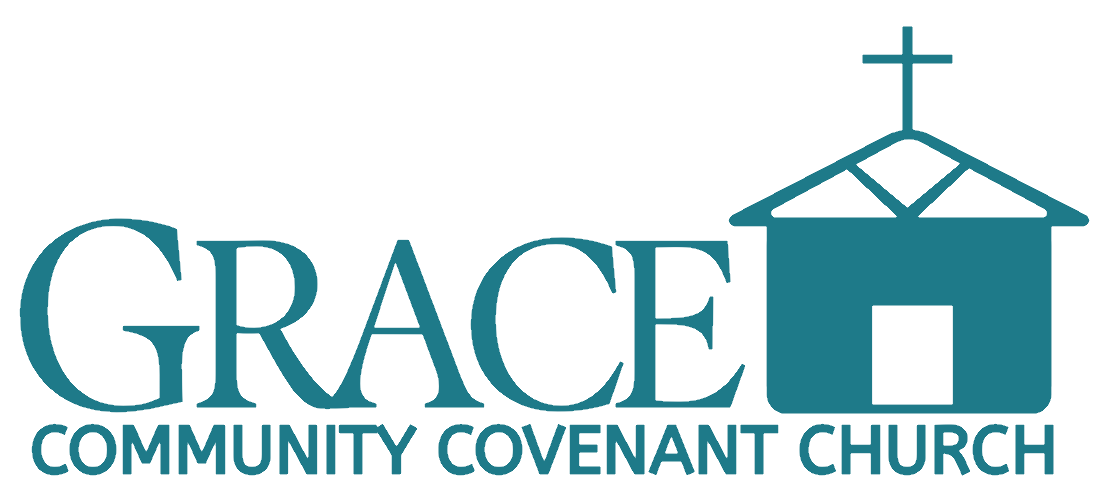
Join us Sundays!
We meet at 9 and 10:30am on Sundays at Grace, and live-streamed at 10:30.
Gracekids meets at 10:30, too.
Luke: Living with the Christ
Sometime around middle of the first century, a physician by the name of Luke began interviewing the men and women who had witnessed the life and ministry of Jesus. He wrote a careful account of everything he learned, and these accounts became our New Testament books known as the Gospel of Luke and the Acts of the Apostles. Over the next few months we’ll be exploring this remarkable book with the goal of answering a most important question: Who was this Jesus, the man who was called the Christ?
Today’s notes
“Death and Life” | Pastor Sam Gyorfi | March 8, 2026
25 From you comes the theme of my praise in the great assembly;
before those who fear you[a] I will fulfill my vows.
26 The poor will eat and be satisfied;
those who seek the Lord will praise him—
may your hearts live forever!
27 All the ends of the earth
will remember and turn to the Lord,
and all the families of the nations
will bow down before him,
28 for dominion belongs to the Lord
and he rules over the nations.
29 All the rich of the earth will feast and worship;
all who go down to the dust will kneel before him—
those who cannot keep themselves alive.
30 Posterity will serve him;
future generations will be told about the Lord.
31 They will proclaim his righteousness,
declaring to a people yet unborn:
He has done it!
Peter Declares That Jesus Is the Messiah
18 Once when Jesus was praying in private and his disciples were with him, he asked them, “Who do the crowds say I am?”
19 They replied, “Some say John the Baptist; others say Elijah; and still others, that one of the prophets of long ago has come back to life.”
20 “But what about you?” he asked. “Who do you say I am?”
Peter answered, “God’s Messiah.”
Jesus Predicts His Death
21 Jesus strictly warned them not to tell this to anyone. 22 And he said, “The Son of Man must suffer many things and be rejected by the elders, the chief priests and the teachers of the law, and he must be killed and on the third day be raised to life.”
23 Then he said to them all: “Whoever wants to be my disciple must deny themselves and take up their cross daily and follow me. 24 For whoever wants to save their life will lose it, but whoever loses their life for me will save it. 25 What good is it for someone to gain the whole world, and yet lose or forfeit their very self? 26 Whoever is ashamed of me and my words, the Son of Man will be ashamed of them when he comes in his glory and in the glory of the Father and of the holy angels.
27 “Truly I tell you, some who are standing here will not taste death before they see the kingdom of God.”
The Transfiguration
28 About eight days after Jesus said this, he took Peter, John and James with him and went up onto a mountain to pray. 29 As he was praying, the appearance of his face changed, and his clothes became as bright as a flash of lightning. 30 Two men, Moses and Elijah, appeared in glorious splendor, talking with Jesus. 31 They spoke about his departure,[a] which he was about to bring to fulfillment at Jerusalem. 32 Peter and his companions were very sleepy, but when they became fully awake, they saw his glory and the two men standing with him. 33 As the men were leaving Jesus, Peter said to him, “Master, it is good for us to be here. Let us put up three shelters—one for you, one for Moses and one for Elijah.” (He did not know what he was saying.)
34 While he was speaking, a cloud appeared and covered them, and they were afraid as they entered the cloud. 35 A voice came from the cloud, saying, “This is my Son, whom I have chosen; listen to him.” 36 When the voice had spoken, they found that Jesus was alone. The disciples kept this to themselves and did not tell anyone at that time what they had seen.
Themes: The prediction of Jesus’ death partnered with the transfiguration gives us great insight into the tension Jesus carried within him in his ministry. Jesus knew things would be horribly difficult, but was ministered to and cared for by God through it all. How can we learn to do the same?
Series overview
Living with the Christ
Previous sermons
Devotionals by Pastor Sam
Baptism & dedication
Worship all week
At our core, we are passionate, engaged, and willing. What we do certainly involves Sunday worship, but it’s also about worship all week long in the form of discipleship, service, fellowship, and care.


